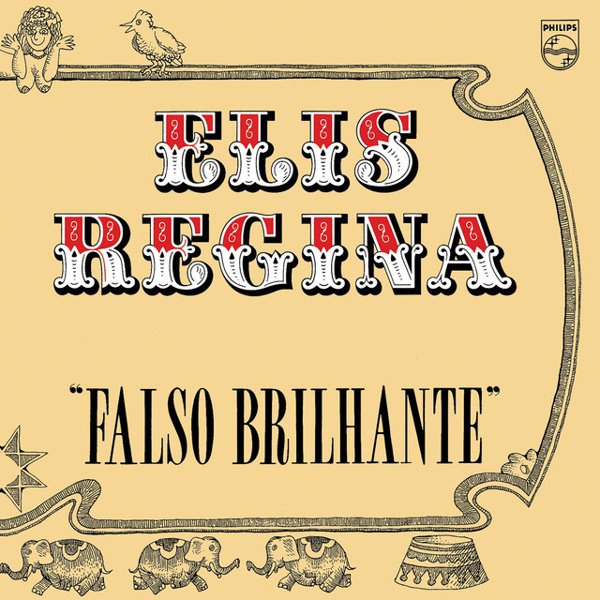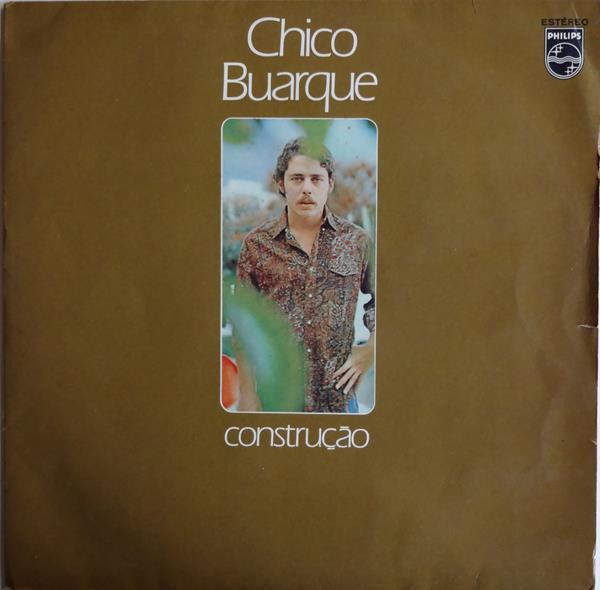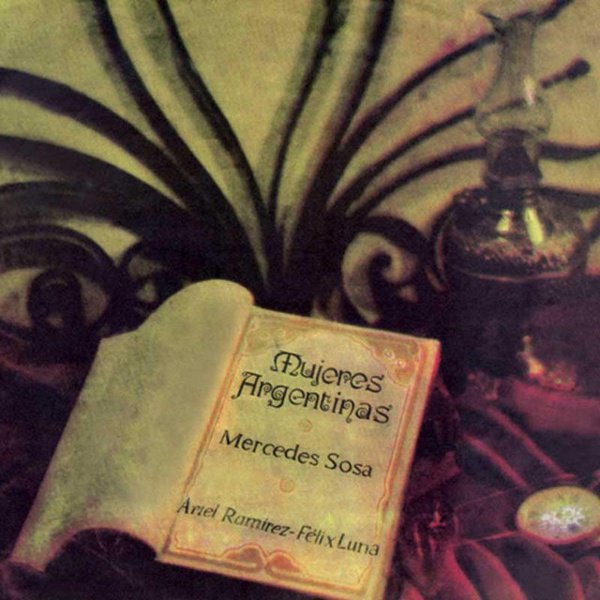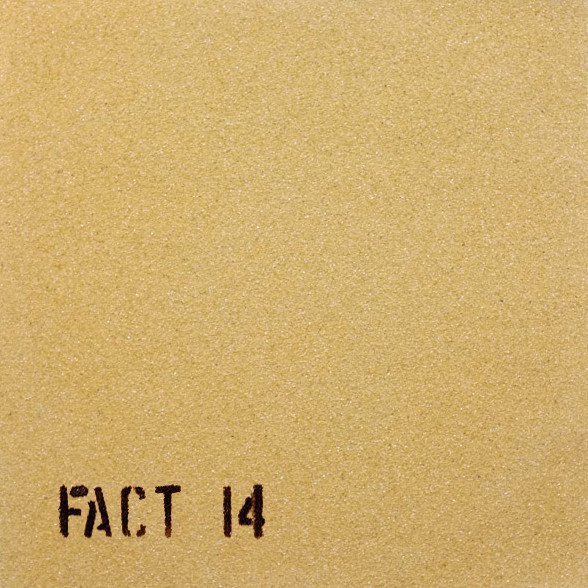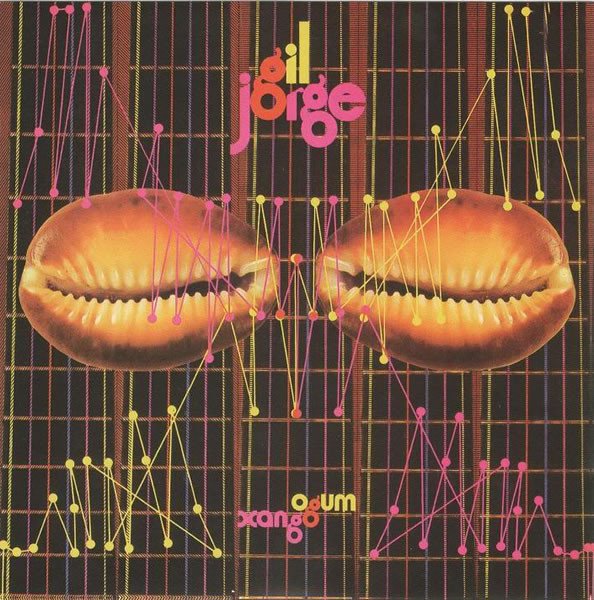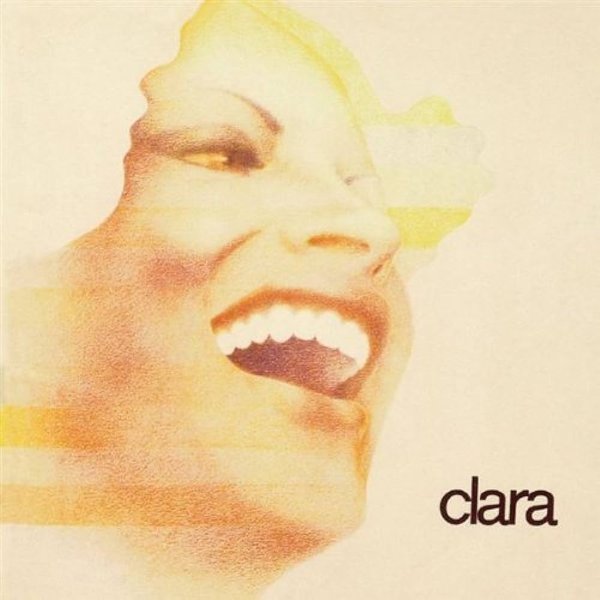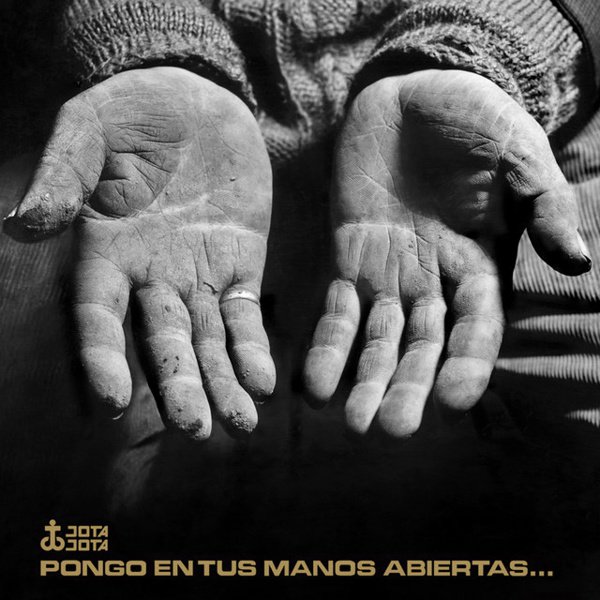Falso Brilhante
It is not hard to see why “Falso Brilhante” (1976) is called Elis Regina’s masterpiece. The album, first of all, is an openhearted testimonial where Elis deromanticizes herself as an artist — her life, despite her fame, was marked by pain, fear, and contradictions. Secondly, “Falso Brilhante” is a sophisticated statement against the status quo of 1970s Brazil, which was under violent military rule at that time. This political statement, by the way, wouldn’t be so sophisticated without its top-notch team of composers, which include João Bosco, Aldir Blanc, Chico Buarque, and Belchior. “Discovered” by the Brazilian audience thanks to this album, Belchior is the one who signs the two rock gems of “Falso Brilhante”: “Como Nossos Pais,” which, coupled with the intense interpretation of Elis, highlights the frustrations, resistance, and hopes of the youth of seventies’ Brazil; and “Velha Roupa Colorida,” which combines a fun dance arrangement with equally fun and provocative lyrics. In Elis’ touching interpretation, the waltz “Fascinação” is one of the album’s big moments. The fact that Elis sings two iconic Spanish-language songs from Latin America doesn’t go unnoticed either. One of them is a magnificent version of “Gracias a La Vida,” an ode to the precious things about being alive, and originally written by the big Chilean composer Violeta Parra.

